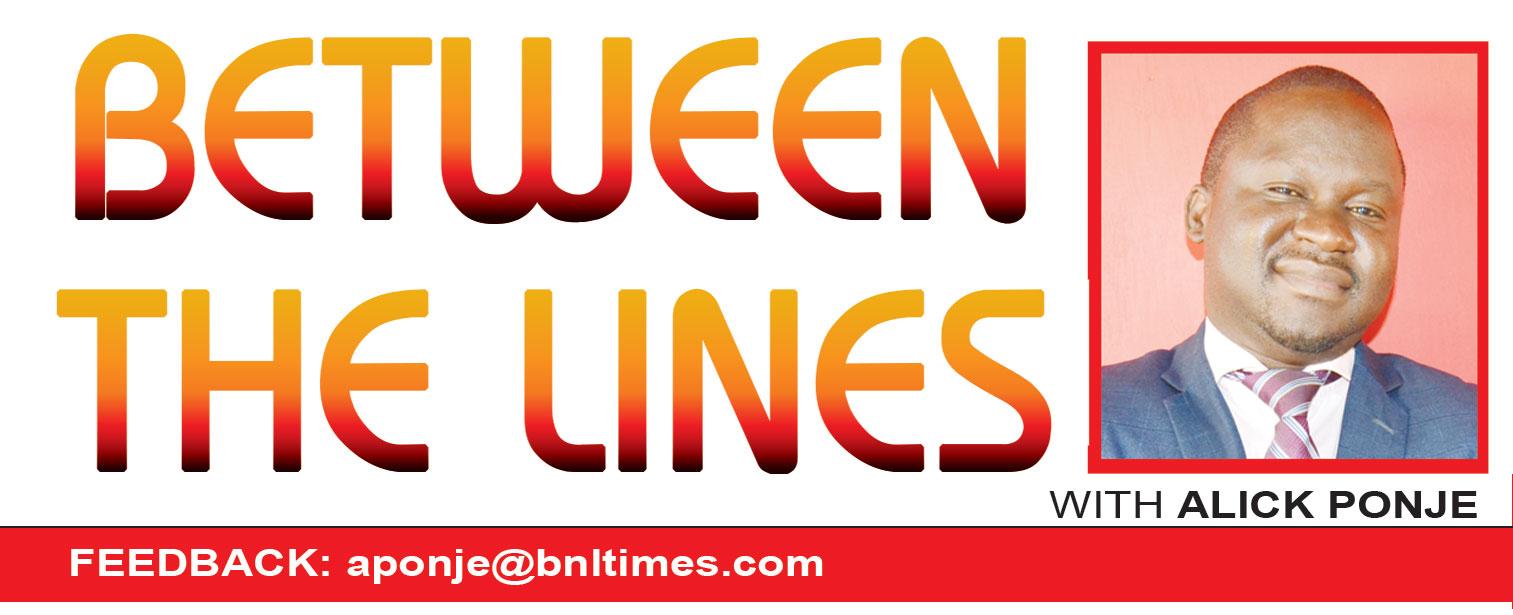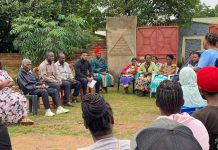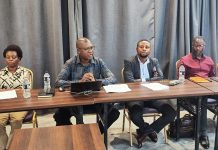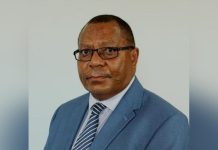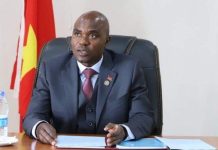Africa-Press – Malawi. That several things are not working in this country, or working badly, is not news. Authentic reports have come out to highlight how corruption is still eating into our national purse and how powerful corrupt cartels are using every means possible to frustrate the fight against the vice.
We have all seen how Anti-Corruption Bureau (ACB) Director-General Martha Chizuma is being tossed around in apparent bids to irritate her resolve in fighting corruption.
The attention has sufficiently been drawn away from the real issues to others that will not augment the fight against corruption. When it is clear that corrupt cartels are everywhere lynching this country, those with powers to help in taking them down have chosen to turn their attention elsewhere.
So even men and women of the collar are irritated and are issuing letters to that effect. The latest is the one written by Church of Central Africa Presbyterian’s Nkhoma Synod, which highlighted problems with the current administration.
What the pastors have said in the letter is nothing new; only that the synod is often seen to be reluctant to condemn the Tonse Alliance administration.
So, their letter in which they have censured the government for its failure to systematically fight corruption and other ills must have come as a surprise.
But, at the end of everything, it is up to the government to take into account such voices of reason and rectify where things are going wrong. Those are few letters of truth that must never be ignored or despised.
The voices of the clerics are simply there to help in governance affairs. In fact, they are important now more than ever before when the opposition is doing little to keep government on its toes.
The squabbles in main opposition Democratic Progressive Party (DPP) are doing a lot of harm to this country. Instead of the party providing the necessary checks and balances to the government, it is busy embroiled in senseless infighting.
The tussle for power has taken reason out of some of DPP leaders to such a point that they are taking to court issues which should better be resolved politically.
So, in the absence of a vibrant opposition, other influential stakeholders such as the synods, the Public Affairs Committee (Pac) and the Catholic bishops are crucial in providing the necessary checks and balances.
In fact, the government itself should take the issues highlighted by these entities as springboards for changing things. They are simply telling authorities what Malawians in general are feeling out there.
A government that does not have anyone to censure it risks making mistakes without realising that it is going astray. That is why the opposition is a crucial part in the governance of a country.
So far, we have seen the Episcopal Conference of Malawi, Pac and Nkhoma Synod telling government to put its house in order. Corruption has featured highly in the concerns raised by these stakeholders.
Nkhoma Synod reached a point of delivering a damning verdict—that Malawi has lost the fight against corruption. This is the feeling of several other Malawians who expected things to be done differently this time.
The Tonse Alliance came to power on the promise that it would not tolerate any corrupt practices. Malawians were hopeful that finally their taxes would not be being munched by thieves who do not care about the lives of others.
Now, Malawians’ perception has changed and they do not see any commitment in authorities to systematically fight corruption. It is clear that the levels of wretchedness this country is in are due to stealing of public resources by organised criminals who will jump at every opportunity to fleece Malawians.
Unless we take down such individuals, we will continue crying that we are one of the poorest countries in the world. Had the Tonse Alliance lived by its pledge that it would root out corruption, we would finally have hope that economic development has become a reality. Instead, government does not show enough commitment to drive forward the fight. People implicated in corruption are being protected by the system.
It would appear the Tonse Alliance administration thought ACB would only pounce on members of the opposition as has been the case in the past. But when the graft buster started clamping down on government officials, it became apparent that some senior officials became irritated.
But now that Malawians have realised that the fight against corruption is being frustrated by some government officials, they will continue fighting for things to work.
Their vigilance will probably win the battle. Coupled with the letters from non-state actors, the pressure on government will continue mounting. It is not a choice of choosing to fight or frustrating the fight.
Authorities must know that there are corruption issues that will not just die away just like that. In fact, Malawians’ perception that the vice is getting worse is a red flag that will continue inspiring people to continue taking government to account.
For More News And Analysis About Malawi Follow Africa-Press

